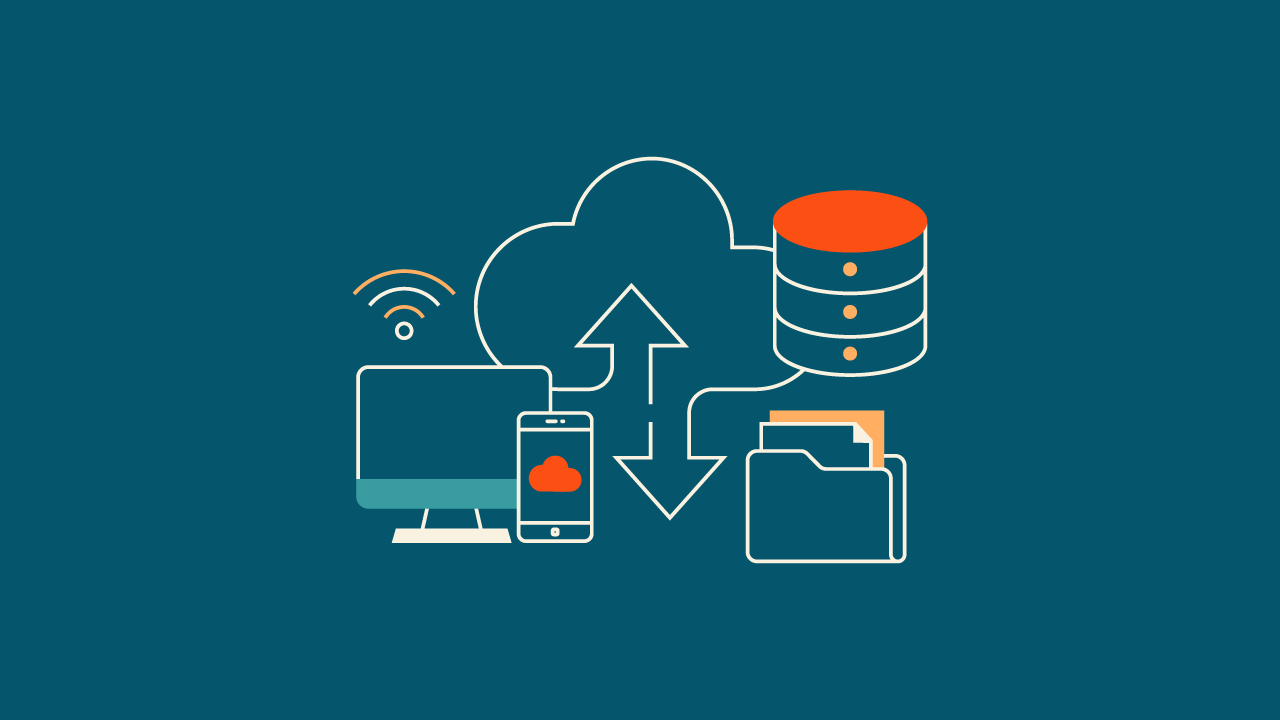Comprehensive offsite Secure Backup Toolkit
Comprehensive offsite Secure Backup Toolkit
Blog Article
Easy-to-use Backup Solution For Macbook Air Implementation Guide

Data backup is an essential component of modern life because it offers a number of benefits that can safeguard people and companies from potential disasters. Backup your data ensures that crucial files are kept safe and accessible, whether you use physical or cloud storage. In this article, we'll go over the different benefits of data backup and why it should be a regular part of your life.
Preventing data loss:
Preventing data loss is one of the main advantages of regular data backups. Data loss can occur permanently as a result of unintentional deletion, hardware failure, malware attacks, or natural disasters. You can easily restore your files by regularly backing them up, lessening the effects of such events.

Recovery of data
Backups offer a trustworthy method of recovery in the unfortunate event of data loss. You can easily restore lost information from your backup source rather than wasting time and effort trying to retrieve it. You can quickly get back on track because doing this saves you time and money.
Accessible Online Backup Music Implementation Guide
Protection from Hardware Errors:
Storage devices like hard drives and solid-state drives are more likely to malfunction over time. You create redundancy that protects against hardware failures by backing up your data. You can rely on your backup to guarantee data availability if one device fails.
Malware Attack Security:
Cyber threats are a persistent worry in today's digital world. Your system may be compromised by ransomware, viruses, and other malicious software that can encrypt or delete your data. If you have backups, you can easily clean up your infected system and restore the files using a reliable backup source.

Moving to new devices with ease:
Backups are crucial when switching to a new device or moving data between systems. They enable seamless migration, making it simple to transfer all of your files, settings, and preferences. This speeds up the transition and lowers the risk of data loss by doing away with the manual copying and moving of individual files.
Scalable Remote Backup Client Security Assessment
Enhanced Business Continuity:
Data backup is essential for businesses in order to maintain operations without interruption. Having backups in place enables quick recovery and reduces downtime in the event of an It disaster or system failure. This keeps revenue streams, customer satisfaction, and productivity high.
Compliance with legal requirements
There are strict rules governing data retention and privacy in some sectors, including finance and healthcare. You can comply with these compliance requirements and stay out of any potential legal problems by regularly backing up your data.
Accidental Deletion Protection:
We all make mistakes, and it can be terrifying to unintentionally delete crucial files. However, if you have backups, it wo n't be difficult to recover the deleted files. Backups serve as a safety net, preventing permanent data home loss from even human errors.
Secure Automated Backup Systems For Large Enterprises
Accessibility of data:
You can access your data from a variety of gadgets and places by keeping backups. Having backups makes sure that your files are always accessible, whether you're working remotely, traveling, or having technical issues.
Mental tranquility
It gives you peace of mind to know that your data is safely backed up. You can relax knowing that your crucial documents are secure and recoverable in the event of my company an emergency.
Savings on expenses:
Backup solutions can be expensive at first, but they can ultimately save you money. Recovery from data loss incidents can be costly, with potential expenses like data retrieval, system rebuilding, and missed business opportunities. You can reduce these risks and overall costs by making backup investments.
Simplified Online Backup Mapped Drive Expert Opinions
Increasing Productivity
By avoiding the need to recreate or reclaim lost data, having a dependable backup system in place boosts productivity. Workers can resume their work and quickly restore their files, reducing disruptions and increasing productivity.
Organization of data
Data backup frequently entails grouping and classifying files for simple retrieval. Better data management procedures are encouraged by this procedure, which also makes it possible to organize files more effectively and clear up devices of clutter.
Key Takeaways or a related term - Offsite Backup And Online Backup
Innovative Continuous Backup Server Comparison
- Regularly backup your files to avoid data loss.
- Backups offer a dependable method for recovering data.
- Use backups to safeguard against hardware failure and malware attacks.
- Use backups to quickly switch to new devices.
- Install backups to guarantee business continuity.
- Use data backups to comply with legal requirements and prevent legal Read Full Report problems.
- Restore backup files that have been unintentionally deleted.
- Use backups to access your data from various sources and locations.
- Feel secure in the knowledge that your data can be recovered.
- Investing in backups can help you save money over time.
- Reduce the need for data replication and boost productivity.
- Use the backup process to efficiently organize your data.
Report this page